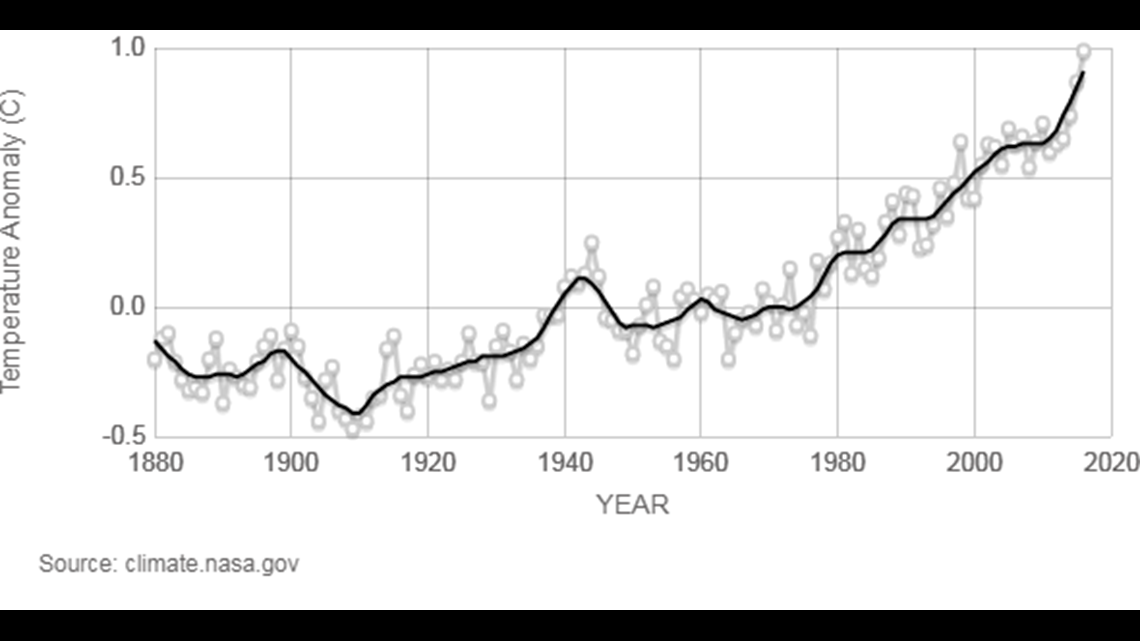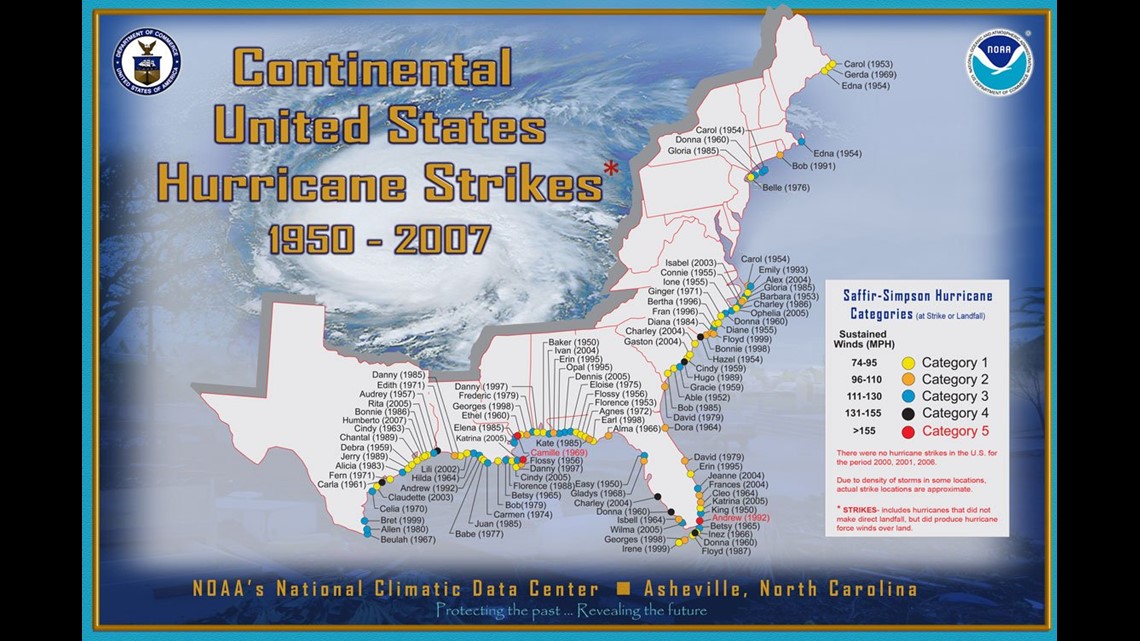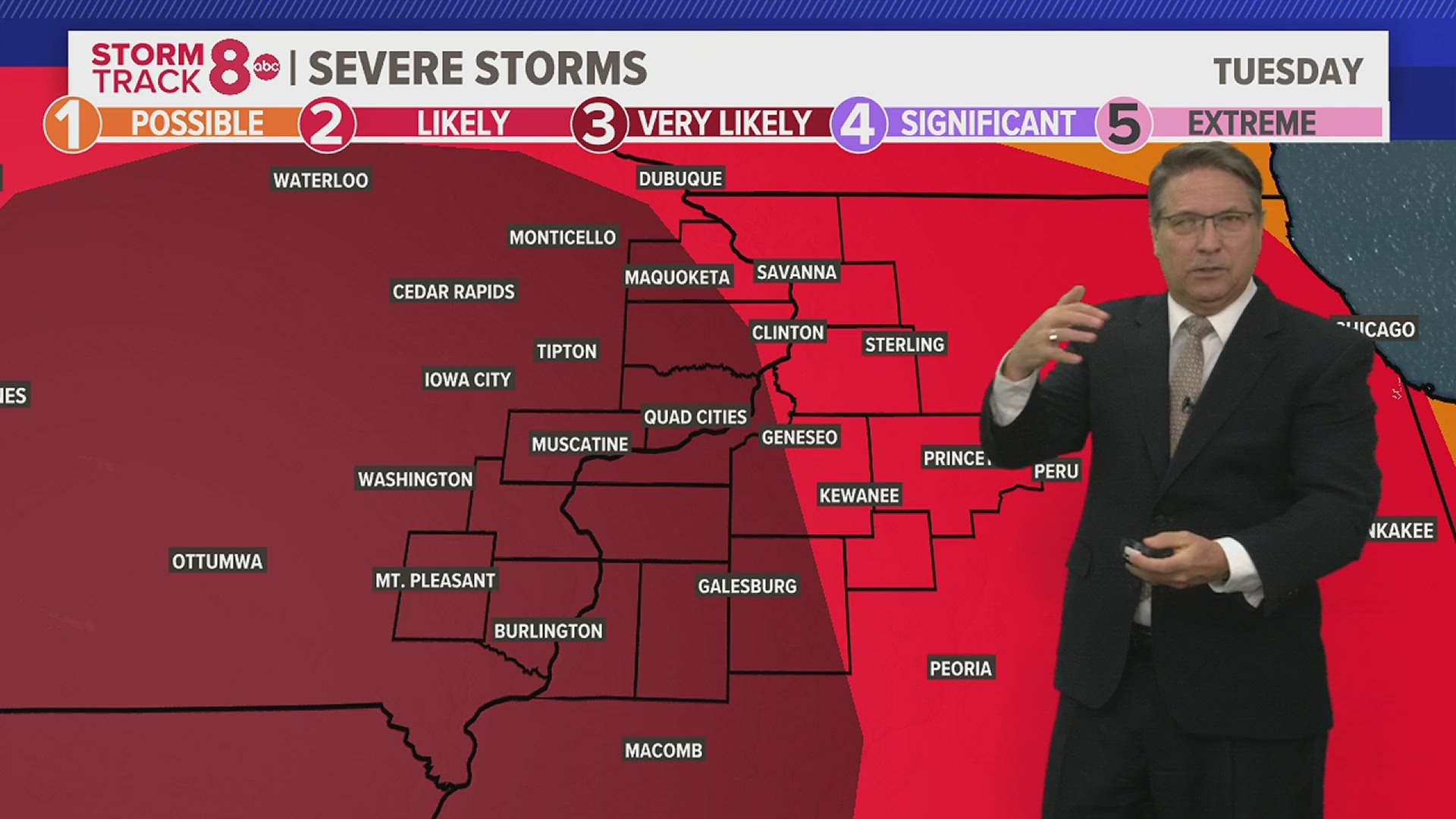Even though it’s much cooler across the Midwest today, the air mass we are in is still technically warmer than the normal, or 30-year average. And even if it was a few degrees cooler than the seasonal norm of 72° today, it wouldn’t offset the record stretch of hot weather we saw in the past two weeks.
Yesterday, I talked about the fact that we aren’t seeing the warm spells balanced with cool spells. And as expected, it got a passionate response.
Today, I think we need more conversation and context. If you’d like to chime in, comment on these posts or give these folks a like. I hope you continue the conversation over on Facebook.
Water is the most abundant of all greenhouse gases. I think it’s important to look at increased water vapor as feedback to a warmer climate and increased carbon dioxide. Paul, I think I agree with most of what you said but I think we need to examine that while very large volcanic eruptions do have a significant effect on cooling the planet (due to the reflective properties of the ash cloud (that can travel around the world)), their effects are short-lived. I am admittedly not an expert in volcanoes but can we say we are in “limited volcanic activity?” I know it’s been since 1991’s Mt. Pinatubo, that we really had a big one “go.” Mt. Agung has a high chance of eruption in Bali over the next few days. Can you imagine what that would cause for an already cool, snowy forecast for the Upper Midwest?
Australia’s ABC-TV looks into the short-term cooling effects, should it erupt. Eruptions cool the planet, but only for a short amount of time. They don’t negate the fact that the Earth’s atmosphere is warming.
While I agree that the climate has warmed and cooled over the past 4 billion years, there is strong evidence that human activity is causing the Earth’s atmosphere to warm significantly, beginning with the birth of the industrial revolution.


I’m not going to pretend to know a great deal about faith, but I did grew up Catholic. And what I learned about conservatism and responsibility, I bring with me into adulthood. Don’t you think God would want us to be good stewards of His Earth?


This graphic may provide a little more for your argument. There have been many hurricanes to strike the U.S. mainland since 1950, with a few being major hurricanes. However, as our atmosphere warms, so does the water. Hurricane frequency may not be increasing but hurricanes are definitely growing stronger, quicker. Hurricanes Harvey, Irma, and Maria are great examples of that, storms that went from small tropical storms to strong hurricanes in just a day or two. There’s a lot we need to learn from that!
Anne, I can tell you that it’s only in recent years that this subject has become less controversial. Hard to believe, there are many television stations where Meteorologists are forbidden to even mention climate change or global warming. It’s not that viewers are being given bad information on the other channels, it’s the fact they aren’t being given any information at all! I am so lucky to be able to discuss the topic of climate change here and be an information resource.
May I guess that your thoughts and beliefs have changed when it comes to climate change? I know that’s true for me. I did not learn much about climate change in my 1990s college years. When the news became more adamant that our atmosphere was warming rapidly, I looked at it so skeptically. As additional scientific hypotheses were proven fact, I was able to learn more about the subject and change my conclusion. Learning more about the origins of the carbon and carbon dioxide in the atmosphere, I have been swayed from believing climate change was natural to understanding that global warming is a real, human-influenced change happening to our atmosphere. Point being, it’s a great thing to change your mind. Scientists do that all the time!
When you say “it’s more of a natural occurrence,” I need to follow-up and say “How do we know that?” We know that climate change is happening and we know humans are playing a bigger role by analyzing the carbon molecules found at all levels of our atmosphere. But can we just ignore all of that and conclude that it’s a natural occurrence? I don’t think we can.
I believe there are only two ways to solve the climate change crisis:
- Stop polluting the environment and atmosphere all together.
- Use technology to adapt to the warming climate around us.
I assert that #1 is a much cheaper and more viable solution. Realistically, a combination of 1 and 2 will need to be implemented in this century.
I will have much more on the discussion of climate change coming up in the next few weeks. Stay tuned!
-Meteorologist Eric Sorensen



